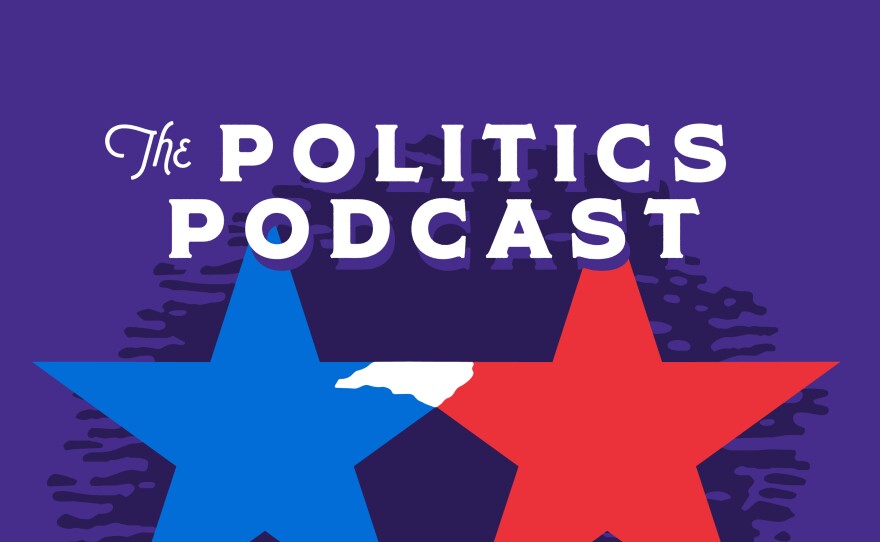Restrictions on access to gender-affirming care for transgender youth have now , as the Senate on Tuesday approved a ban on hormone therapy, puberty blockers and surgeries that is more stringent than what the House recently passed.
The Senate's proposal would prohibit any health care provider in the state from giving such care to anyone under 18, with exceptions for certain procedures or disorders. Medical professionals who violate the restrictions could have their licenses revoked and could be sued.
That compares with the House's proposal, which only prohibits the performance of these procedures and therapies at public health care facilities, such as public hospitals or University of North Carolina affiliates.
The competing measures authored by Republicans in each chamber both prohibit using state funds to pay for gender-transition procedures.
With the Senate's proposal, young people who begin treatment before Aug. 1 could continue receiving such care if it's considered medically necessary and their parents consent. The House proposal takes effect Oct. 1.
Republican Sen. Joyce Krawiec of Forsyth County, who is shepherding the restrictions in the chamber, said children should be protected from receiving such life-altering treatments when they aren’t old enough to understand the long-term implications.
“We have no idea what the long-term consequences are going to be,” Krawiec said during floor debate, which ended in a “The state has an interest in protecting our children from long-term harm. And that’s what this bill is all about.”
LGBTQ+ rights groups and parents of transgender youth fighting these limits said these bills will lead to increased depression for these young people and risk of suicide. They joined transgender persons in committee hearings recently demanding that the House and Senate measures be halted.
According to leading professional health associations, including the American Academy of Pediatrics, the American Medical Association and the Endocrine Society, gender-affirming care is considered safe and medically necessary.
While trans minors rarely receive such surgeries, they are commonly prescribed drugs to delay puberty and sometimes begin taking hormones before they reach adulthood.
Senate Democrats pointed to court cases, including one last week in Arkansas, where a on the state’s ban on gender-affirming care for children, declaring it unconstitutional. Similar bans in Alabama and Indiana have been blocked temporarily.
“You are attacking already marginalized kids and their families who do not want your opinion about their lives,” said Sen. Natasha Marcus, a Mecklenburg County Democrat. “There will be a lawsuit to stop this awful bill. You will waste a lot of taxpayer money dragging us through an embarrassing court case trying to defend this bill.”
Advocates opposed to the measure chanted “protect trans kids” from the gallery above the Senate floor after the vote, briefly delaying Senate activity.
Supporters of the measure have also spoken out in committee, with some describing cases in which people have stopped or reversed their gender-transition treatments. At least 20 states have enacted laws restricting or banning gender-affirming care for transgender minors.
Krawiec said she didn't know whether the House would accept the Senate version of the restrictions.
Otherwise, the two chambers could have to work out a consensus measure in the final weeks of the current session if they want to get a bill approved and sent to Democratic Gov. Roy Cooper. He has expressed opposition to bills that target trans youth. But GOP legislators have majorities large enough to override a Cooper veto if Republicans legislators remain united.
Also sent to Cooper's desk on Tuesday is legislation that would prohibit transgender girls from playing in middle school, high school and college sports designated for girls.








